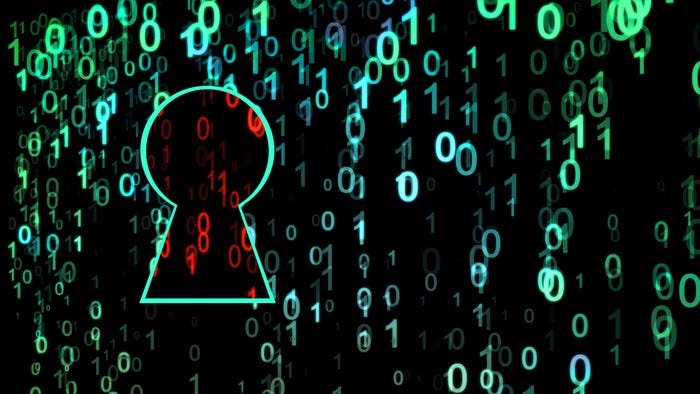Pleading The E-Fifth
It's probably not the career most storage professionals might have envisioned -- data forensic specialist, law enforcement agent, and archivist/go-fer. But with recent incidents that span from <a href="http://freep.com/apps/pbcs.dll/article?AID=/20080206/NEWS01/802060386&theme=KILPATRICK012008&GID=ReLrxa5CyjViuRwIhPSCDbzuzMl40VyLPS4xuX1GVDU%3D">Detroit</a> to <a href="http://business.theage.com.au/theory-grows-that-socgen-trader-did-not-act-alone/20080211-1rkz.html">Paris</a>, here's why storage
February 11, 2008

It's probably not the career most storage professionals might have envisioned -- data forensic specialist, law enforcement agent, and archivist/go-fer. But with recent incidents that span from Detroit to Paris, here's why storage pros can expect to be more central to civil and criminal prosecutions.Data center personnel as expert witnesses? I doubt it will come down to that. But the damning, incriminating evidence to be derived from e-mail and instant messaging alone is raising the profile of storage pros both in IT and across their companies.
Unfortunately, this probably means more contact and closer coordination with the corporate killjoys known as the legal department. An emerging process called "early selection" seeks to circumvent reliance on end-users for records management. Instead, the company (meaning some committee of the executive board, legal, and IT) "quickly identifies which information must not be deleted in the event of legal action," according to a report from last week's LegalTech conference in New York.
Smart move, that. Imagine having relied on Detroit Mayor Kwame Kilpatrick or Société Générale's Jerome Kerviel to make sure all their messages and docs were backed up. Smartly or cynically, the White House kept re-writing over the same set of tapes for about two years, without much discussion or apparent forethought.
Surely at some point an end-user will opt out of backup policies or procedures as a forward-looking Fifth Amendment loophole. "I choose not to have my desktop and BlackBerry backed up on the grounds it may incriminate me ..."
Despite adjustments to changes in the Federal Rules of Procedures that bring electronic evidence into the pretrial process, it's pretty clear that IT and the legal industry have plenty left to resolve. My guess is that the salacious and the greedy will learn discretion (or the value of encryption) long before courts and data centers harmonize over best practices for e-discovery.
Read more about:
2008About the Author(s)
You May Also Like
Safeguarding Political Campaigns: Defending Against Mass Phishing Attacks
May 16, 2024Why Effective Asset Management is Critical to Enterprise Cybersecurity
May 21, 2024Finding Your Way on the Path to Zero Trust
May 22, 2024Extending Access Management: Securing Access for all Identities, Devices, and Applications
June 4, 2024Assessing Software Supply Chain Risk
June 6, 2024
Black Hat USA - August 3-8 - Learn More
August 3, 2024Cybersecurity's Hottest New Technologies: What You Need To Know
March 21, 2024




